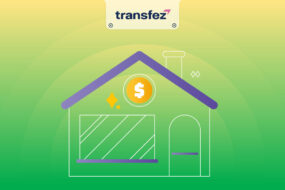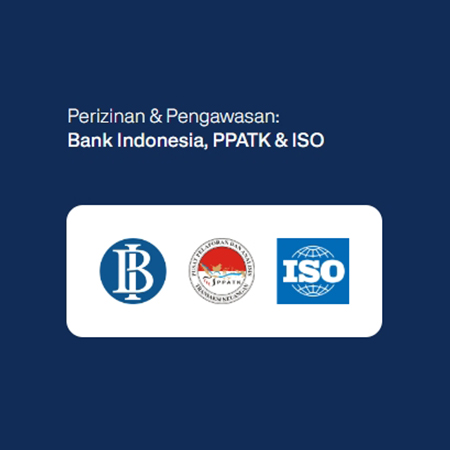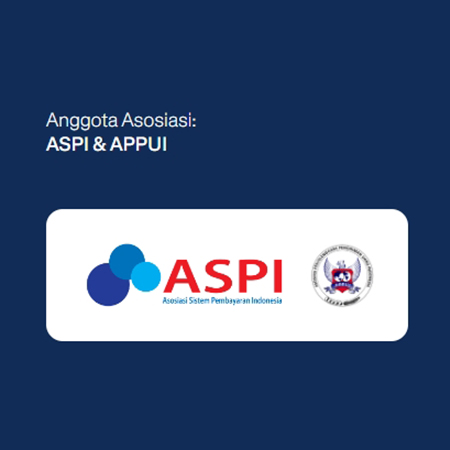Calculating income tax in Malaysia may sound complicated, but it can actually be done easily if you understand the steps involved. Income tax is an obligation that every individual or company earning income in Malaysia must fulfill.
With this guide, you will quickly learn how to calculate personal income tax in Malaysia for 2025. Let’s go through it step by step!
Also read: Exploring Malaysia’s Mineral Resources: Tin, Bauxite, Gold, and More
Who Should Pay Income Tax?

Before calculating your tax, you need to know if you are considered a taxpayer. Here are the main criteria:
- Residents of Malaysia: A person is considered a resident if they stay in Malaysia for at least 182 days in a year or meet certain conditions such as having a job in Malaysia. Residents are taxed on global income.
- Non-Residents: If you stay in Malaysia for less than 182 days, you are only taxed on income derived from Malaysia, usually at a flat rate of 30%.
- Taxable Income: This includes salary, bonuses, allowances, business profits, dividends, interest, rent, and other sources of income.
If you fall under these categories, let’s move on to how to calculate income tax with practical steps.
Read other Transfez articles about income tax
Income Tax in Australia: Tax Saving Tips for Locals & Migrant Workers
Income Tax in Japan: A Complete Guide for Foreign Residents and Migrant Workers (2025)
7 Common Mistakes to Avoid When Reporting Income Tax in Indonesia
How to Report Germany Income Tax in 2025: A Step-by-Step Guide
Steps to Calculate Income Tax in Malaysia

Here is a step-by-step guide to calculating your income tax in Malaysia for 2025.
1. Determine Your Residency Status
The first step is to determine whether you are a resident or non-resident because this will affect the tax rates. For example, if you live in Malaysia for 200 days in 2025 and work as an employee, you are considered a resident. On the other hand, if you stay for only 100 days, you are a non-resident.
2. Gather All Your Income Sources
Record all your income over the year, including:
- Salary and bonuses from your job.
- Profits from business or freelance work.
- Income from investments such as dividends or interest.
- Income from rental properties.
- Other income such as royalties.
For example, Mr. Ahmad, a resident of Malaysia, has the following annual income in 2025:
- Salary: RM 80,000
- Bonus: RM 10,000
- Rental income: RM 12,000
- Total gross income: RM 102,000
Also Watch: How Easy It Is to Send Money with Transfez to Over 70 Countries
3. Apply Eligible Deductions
Malaysia offers several deductions and reliefs to reduce taxable income. Some common ones include:
- Personal Relief: RM 9,000 for individual taxpayers.
- Spouse Relief: RM 4,000 if your spouse does not have income.
- Child Relief: RM 2,000 per child under 18 years, or up to RM 8,000 for children in college.
- EPF (Employee Provident Fund) Contribution: Mandatory contributions to the Employee Provident Fund (up to RM 4,000 for individuals, RM 3,000 for life insurance).
- Medical Expenses for Parents: Up to RM 8,000.
- Donations: Donations to approved charities, up to 7% of income.
Returning to Mr. Ahmad’s example, he has the following deductions:
- Personal Relief: RM 9,000
- EPF Contribution: RM 4,000
- Spouse Relief: RM 4,000 (his wife is not employed)
- Child Relief (2 children under 18 years): RM 4,000
- Total deductions: RM 21,000
Mr. Ahmad’s taxable income = RM 102,000 – RM 21,000 = RM 81,000.
4. Apply Progressive Tax Rates
For residents of Malaysia, the 2025 income tax rates are as follows:
| Taxable Income (RM) | Tax Rate | Tax (RM) |
|---|---|---|
| 0 – 5,000 | 0% | 0 |
| 5,001 – 20,000 | 1% | 150 |
| 20,001 – 35,000 | 3% | 450 |
| 35,001 – 50,000 | 8% | 1,200 |
| 50,001 – 70,000 | 14% | 2,800 |
| 70,001 – 100,000 | 21% | 6,300 |
| 100,001 and above | 24% | – |
Now, let’s calculate Mr. Ahmad’s tax based on his taxable income of RM 81,000:
- For the first RM 5,000, the tax is 0% → RM 0
- For the next RM 15,000 (5,001 to 20,000), the tax is 1% → RM 150
- For the next RM 15,000 (20,001 to 35,000), the tax is 3% → RM 450
- For the next RM 15,000 (35,001 to 50,000), the tax is 8% → RM 1,200
- For the next RM 20,000 (50,001 to 70,000), the tax is 14% → RM 2,800
- For the remaining RM 11,000 (70,001 to 81,000), the tax is 21% → RM 2,310
Total tax: RM 0 + RM 150 + RM 450 + RM 1,200 + RM 2,800 + RM 2,310 = RM 6,910.
5. Make the Payment
Finally, Mr. Ahmad will pay his tax of RM 6,910 for the year 2025.
Download the Transfez App
The Transfez app helps you transfer money abroad quickly, affordably, and efficiently. Transfez Business also supports international transactions for your business. Whether sending money to family for studies, work, or travel abroad, Transfez has you covered. Available on Android and iOS. Download now!
Calculating your income tax in Malaysia involves determining your residency status, gathering your income, applying eligible deductions, using the progressive tax rates, and making the payment. Following this process, Mr. Ahmad will be able to file his tax returns efficiently.
We hope this guide helps you understand how income tax is calculated in Malaysia in 2025. Stay updated and file your taxes on time!









